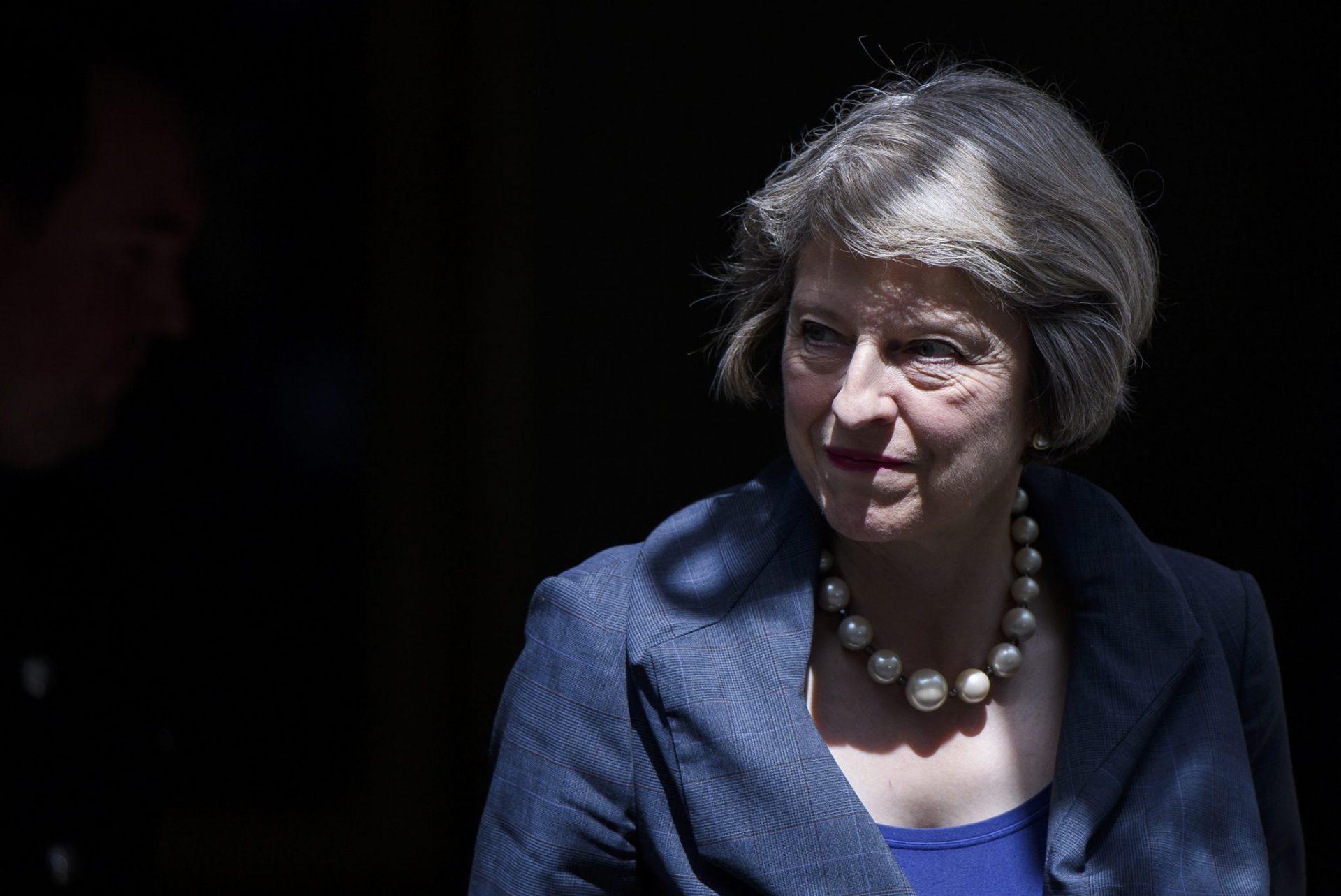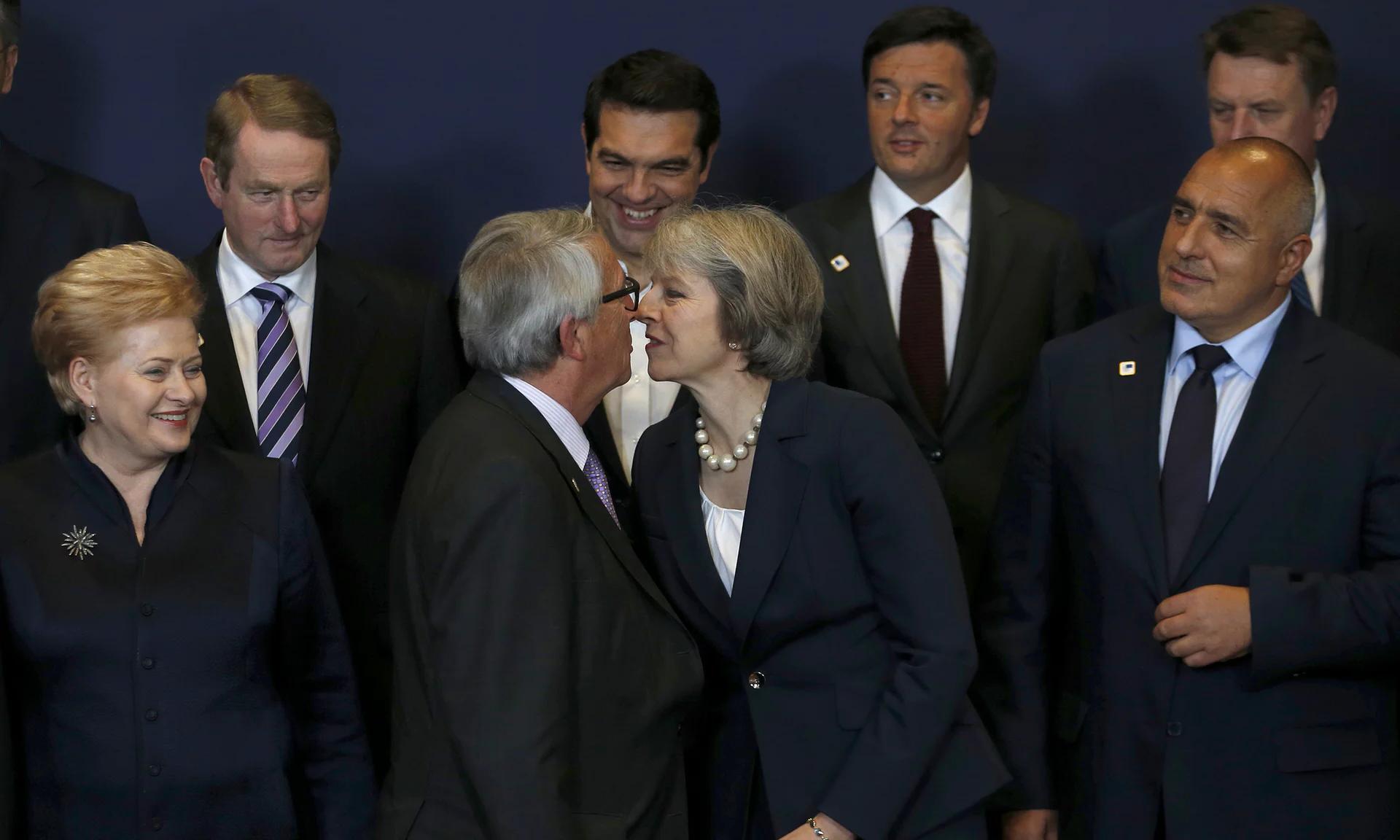
[authorbox authorid=”56″ title=”The Author”]
The new “Facilitated Customs Arrangement” that has been conceived by Theresa May may be seen as a success for the embattled Prime Minster. The result of the make-or-break Chequers cabinet meeting on 6 June 2018, the Prime Minister has set out a number of key points that she hopes will bring together both Britain and EU in the negotiations, and finally put to rest the divorce so as to move on to the next stage of negotiating the future relationship of the countries.
In many ways, the Prime Minister can genuinely call the cabinet meeting a success. For one, this meeting was widely being called the “Bodybag summit” due to the expectations that multiple pro-Brexit cabinet members would resign in indignation at the thought of Brexit not being achieved in the way they wanted.
Instead, we have seen that the Cabinet has effectively fallen in line and have apparently decided to stop undermining the prime minister in regards to Brexit, and soften their stances so that they can finally achieve their departure for the European Union.
The Facilitated Customs Arrangement (FCA) appears to take inspiration from many EU trade deals and agreements such as that with Switzerland, with the proposal calling for a common rule-book for all goods including agri-food, with a commitment to on-going harmonization with European rules on goods via treaty, but only those necessary to provide friction-less trade at the border.
However, in many ways, it may still harbour some form of the “Cake and eat it” mentality that has permeated the British negotiating stance.
There is an expectation of “strong reciprocal commitments related to open and fair trade”, the establishment of a joint institutional framework that would provide the means for “consistent interpretation and application of UK-EU agreements”, both in their respective courts when it relates to the laws of one country or the other, as well a continuation of the current customs checks and controls between the UK and the EU.
We also saw a very interesting admission of the consequences of not mirroring EU laws, where it is stated in paragraph 6(f) that:
“The position we reached today would … ensure that in the future all laws in the UK would be legislated for by parliament … recognizing that where the UK had chosen to apply a common rule-book parliament would still have a lock on incorporating rules into the UK legal order, but choosing not to pass the relevant legislation would lead to consequences for market access, security cooperation or the friction-less border”
In this paragraph alone, we can see that the cabinet, which is comprised by a majority of pro-Brexit MP’s who campaigned to Leave the EU, are in effect admitting that it’s not in the best interest of Great Britain to “Go it alone”; that, for all intents and purposes, they must cooperate with the EU and, in effect, act as if they were still a part of the Union in order to avoid consequences to their economy. Which is in stark contrast with the narratives we have been hearing for the past two years of a “Global Britain” who would forge its own destiny.
However, there are multiple issues in this plan, and these will be the issues that send the cabinet back to the drawing board. For one, hard Brexiteers such as Jacob Reese-Mogg and Nigel Farage will rail against this plan, and will be causing multiple headaches for the cabinet and Theresa May over the fact that, when it comes to the portions of EU law that the UK decides to emulate, primarily in goods, Britain effectively becomes a “rule-taker” as opposed to being the “rule-maker” that they wanted.
There is also a big issue in regards to the notion of frictionless trade within this deal, where, in sectors where the UK leaves EU law, primarily in services, all trade barriers required to protect the European markets will prevent frictionless trade, and will cause delays and multiple headaches for the British Service-based economy.
—
We’re also continuing to see a lack of understanding of the EU27’s position on the role of its courts, where the goal of “ending the jurisdiction of the CJEU in the UK” throws another wrench in the FCA plan. The EU has repeatedly stated that, on all matters of trade with the EU, the European Courts are expected to have a vital role in any and all issues that arise. This has been a red line for the EU for the entirety of the Brexit negotiations, and the fact that there is still an expectation that this red line will be dropped or that this can be negotiated around should cause worry for all who hope to see a deal done in the near future.
While Michel Barnier recently stated that the EU was willing “to adapt (their) offer should the UK red lines change”, there is absolutely no reason for the EU27 to weaken their position in regards to this; and the chief Brexit negotiator stated himself that the EU would not shift any of its red lines in regards to the single market, which he stated was “not and never should be seen as a big supermarket; it is economic, cultural and social life, it should be developed in all its dimensions”.
He also made a point of warning the British of the time left in the negotiations, and that the EU needs to see “realistic and workable solution” from the Theresa May government if any progress is to be made in the negotiations. He also noted that there was still a lot of work to be done on protecting the rights of the British in Europe and the3million European citizens living within the UK, and this may prove to be another wrench in the long problematic negotiations.
One key phrase that will certainly raise eyebrows was that the UK envisaged itself and the EU acting “as if [in] a combined customs territory”, which begs the question: Why not just stick with one of the existing models rather than reinventing the wheel?
Regardless, while we hope that this could be seen as an end to the in-fighting that has plagued the British government and led to an incoherent narrative, the sudden resignation of David Davis and Boris Johnson just days after having agreed to the Chequers summits Facilitated Customs agreement shows that the British Prime Minister still has a lot of work to do on securing the future of her country, and we may yet see further fractures that will further imperil the future of the British nation.
For now, we wait for the reaction from the EU27 and their head negotiator, Michel Barnier in order to find out what will be accepted and what will be rejected from the soon-to-be release white paper. And if, as I suspect, the agreement will be rejected by the European Union, this may still act as a launching point for a more serious agreement that may very well fit the Swiss model.




